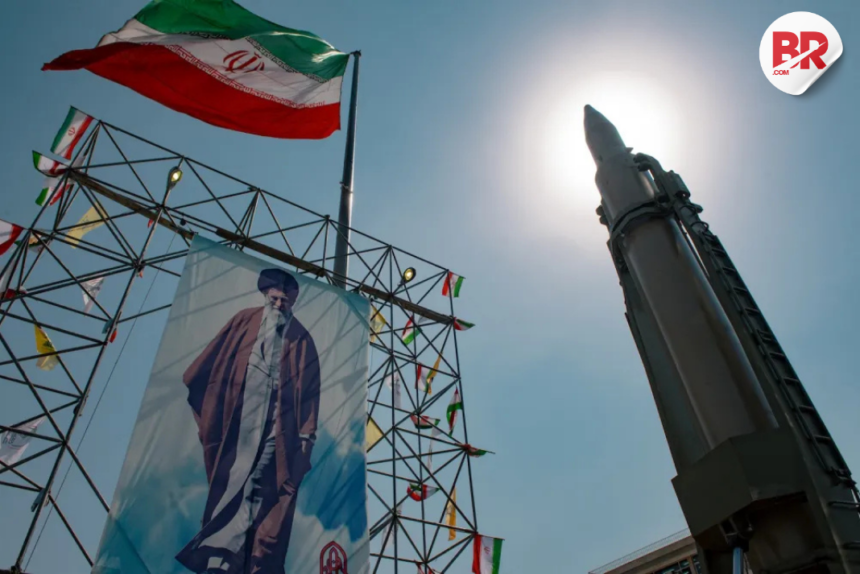The United States is on high alert as Israel threatens to strike Iran’s nuclear facilities, according to The Washington Post. The tension comes as nuclear talks between the U.S. and Iran are unraveling—and the clock seems to be ticking fast.
For the average person, this means the Middle East could once again turn into a flashpoint for global chaos. Oil prices, travel security, and even internet discourse could feel the ripple. It’s one of those moments where foreign policy suddenly feels very personal.
Trump Warns of a “Dangerous Place”
President Donald Trump confirmed Wednesday that the U.S. is relocating personnel out of sensitive regions. “It could be a dangerous place,” Trump said, adding that American staff in Iran and surrounding nations are being moved out.
The State Department has already allowed non-essential employees to exit Iraq. Military families stationed at U.S. bases in the Middle East can also leave voluntarily. Meanwhile, embassies from Eastern Europe to North Africa have been told to update emergency plans and submit them to Washington.
This isn’t your average diplomatic drill. When embassies start prepping for emergency evacuations, it’s usually because someone somewhere is seriously thinking about pressing a button.
Rubio, Risk, and a Region on Edge
Secretary of State Marco Rubio (yes, he’s in charge now) updated the worldwide travel advisory. “Due to heightened regional tensions,” the statement reads, non-emergency U.S. personnel must depart immediately. It’s not just Iran—we’re talking ripple effects that could reach Lebanon, Jordan, even parts of Europe.
Also Read Trade Truce or Trade Trap? China Stalls, Hong Kong Sinks!
A Deal Going Nowhere
Trump’s hope for a nuclear deal with Iran is fading fast. “They can’t have a nuclear weapon. Very simple,” he said. But talks aren’t looking promising. Iran rejected the latest U.S. proposal as “unacceptable,” though a counter-offer is expected at a meeting in Oman this Sunday.
Diplomatic channels are still open. Steve Witkoff, the U.S. special envoy, will meet Iranian Foreign Minister Abbas Araghchi to salvage what’s left of the conversation. But it feels like both sides are talking with one hand on the table—and the other on the trigger.
Israel Waiting for a Green Light?
Meanwhile, Israel is sharpening its stance. According to Axios, Prime Minister Benjamin Netanyahu—known as “Bibi”—is preparing to strike if talks fail. Sources suggest he’s waiting for Trump to give the nod once negotiations officially collapse.
A strike by Israel on Iranian nuclear facilities would mark a dramatic escalation. Trump, speaking to the New York Post, admitted he’s “less confident” a deal can happen now than he was months ago. “Something happened to them,” he said cryptically.
The Bigger Picture
A region already rocked by the Israel-Hamas war now faces another layer of uncertainty. The irony? Everyone’s trying to prevent a war—by inching closer to one.
The absurdity? The most powerful players still think peace can be made in hotel ballrooms, while planes are being fueled in secret.
Also Read India Hit by Double Shock: US-China Deal Drama and Iran’s War Threats Shake Sensex!




